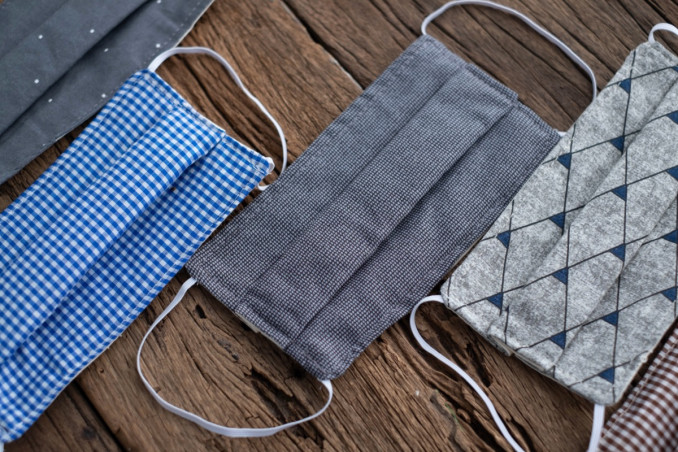The protective masks are a great help for the containment of infectious respiratory diseases, creating a filter that protects the wearer and those around them, depending on the model used. Classic surgical masks or cloth masks are by far the most used and ensure that an infected person does not spread saliva and droplets around.
But this type of mask is also useful for stemming smog or allergens in the air, so much so that in large cities there are many who wear them on the face. For instance, people who suffer from seasonal allergies to pollen and grasses, use fabric masks to avoid the access of irritants to the respiratory tract.
Read also: How To Remove Pen Marks From The Wall
Using cloth masks is, therefore, both an altruistic gesture when you are sick and forced to be around other people, but also a friend of your health, in particular, to limit dust and pollution. Remember to wash these protections regularly to keep them clean.
If we are wondering how often they should be sanitized, the answer is not unique, as it depends on how much we use them. In principle, once a week might be enough, but if we often wear them and frequent polluted or crowded places, perhaps it is necessary to disinfect them even more often.

To wash the cloth masks use both the washing machine and a tub for hand washing. First, tie them in a pillowcase and run the machine with the classic detergent and with a program from 40° to 60° at half load, remembering that high temperatures kill more germs and bacteria and the robust cotton also bears them well. Sanitizing additives are recommended, but not mandatory if you wash at min, 60° C with programs from half an hour onwards.
Also read: How To Clean Baking Trays
In the same way, we can wash them by hand leaving them to soak in hot water with a cap of sanitizer or bleach and one of the classic detergents. After soaking for at least 30 minutes, if there are any stains, such as make-up stains, we rub them to remove them and then rinse thoroughly under the tap. Leave them to dry in the sun or in a dryer at a high temperature.
Adapted and translated by Wiki Avenue Staff
Sources: Donnad






